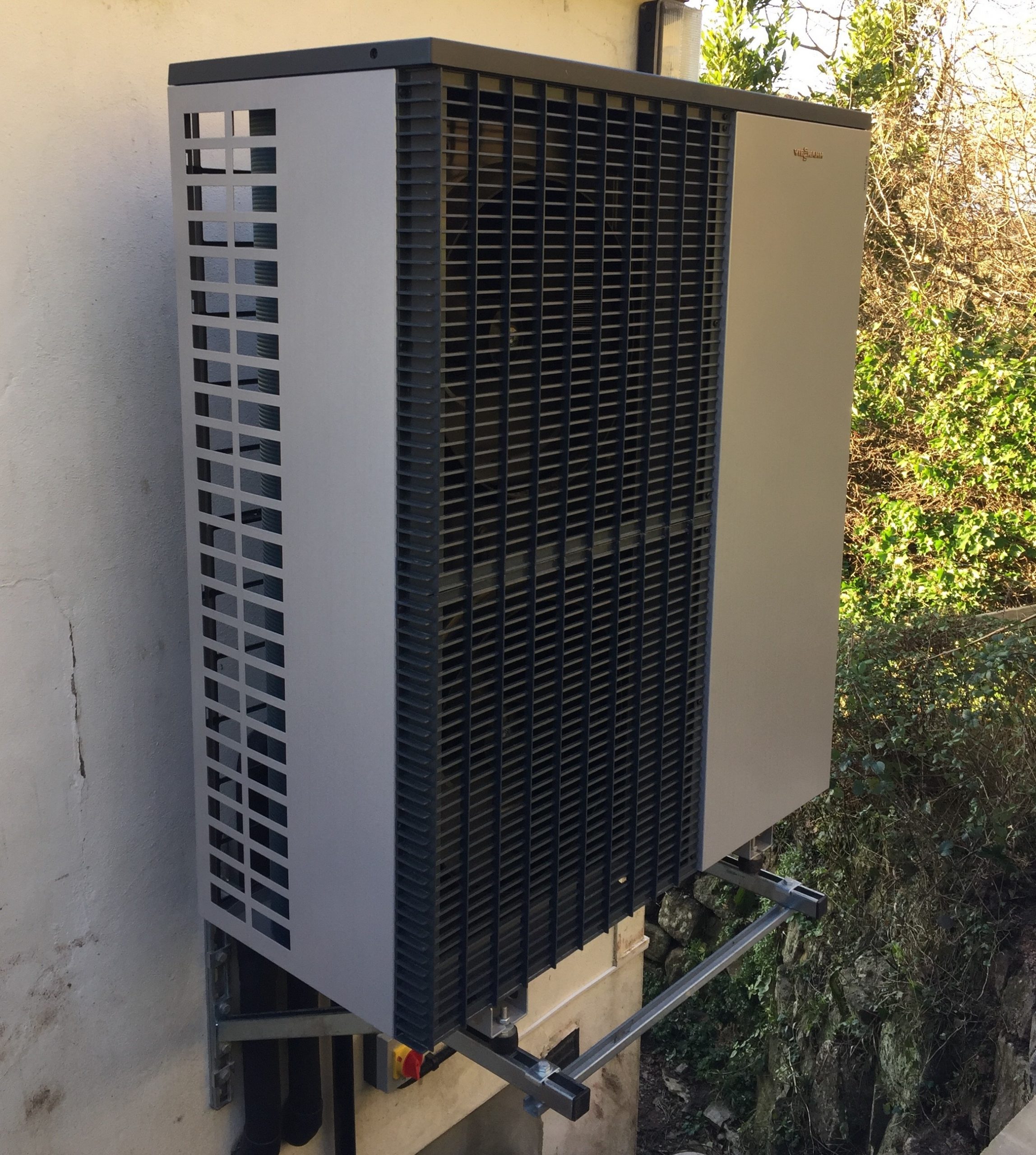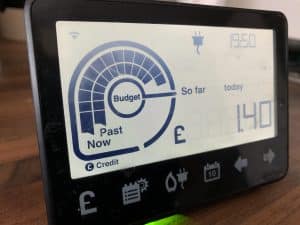The UK’s rollout of heat pump installations is running behind schedule, according to the National Audit Office. But what’s the reason for the drop and what does this mean for the green agenda?
For some time now, heat pumps have sat front and centre of Government plans to bring the UK closer and closer to net zero emissions. In fact, it’s been reported that the UK Government sees heat pumps as the main technology needed to decarbonise the country’s 28 million homes over the next decade; they want to see 600,000 heat pumps installed per year by 2028. By 2035, the aim is to see up to 1.6 million heat pumps being installed annually.
And yet, their Clean Heat Market Mechanism (CHMM) policy – which was due to start in April 2024 – has been pushed back to April 2025. CHMM would see gas and oil boiler manufacturers fined if they do not sell a percentage of heat pumps compared to their boiler sales, hence increasing the number of heat pump installations. In addition, recent stats have shown that the rollout of heat pump installations is running behind schedule, with the number of heat pump installations up until December 2023 was less than half of what was planned.
So, where’s the disconnect? Why are heat pump installations still so low compared to targets and what does this mean for the bigger picture?
What are heat pumps?
First thing’s first; what are heat pumps? A heat pump is an energy efficient heating solution that uses the air, water or ground temperature to provide heating and hot water for your home. When properly designed and installed in a well-insulated house, a heat pump system can offer a more environmentally friendly alternative to a gas, oil, or LPG boiler.
Heat pumps are a renewable heat resource, meaning that the amount of harmful greenhouse gases released into the air from the home could be significantly reduced. In October 2023, Prime Minister Rishi Sunak announced an update to the Boiler Upgrade Scheme, which provides eligible homeowners with a grant of £7,500 if they install a low-carbon heating system, such as a heat pump, to replace a fossil fuel boiler. Since we know that Home heating represents 18% of UK greenhouse gas emissions, employing these steps and changes truly is a huge part of reducing our carbon footprint and getting closer towards net zero goals.
RELATED: WHAT ARE THE MOST ECO FRIENDLY HEATING OPTIONS?
Why is the UK behind on heat pump installation targets?
Many – from the word go – felt that Government plans to install 600,000 heat pumps every year by 2028 was overly optimistic: and this has now been echoed by the independent public spending watchdog. Essentially, there seems to be a disconnect between consumer demand and manufacturer supply.
However, cost of use and installation will always come into the equation. Despite the Boiler Upgrade Scheme (which also underperformed between May 2022 and December 2023 with 18,900 installations vs the 50,000 planned), heat pumps are still expensive. The average air source heat pump costs £10,000 more than a gas boiler, according to the National Infrastructure Commission (NIC). Costs are, thankfully, coming down, with energy companies offering some heat pumps for £500 (with the government grant).
The Department for Energy Security and Net Zero (DESNZ) had also promised to reduce running costs of heat pumps by rebalancing gas and electricity prices – another claim that has taken a backseat and moved far more slowly than expected.
In addition, there’s a key awareness piece that is simply being missed: the general public still don’t have enough awareness about how to decarbonise home heating. And this isn’t the public’s fault – this needs to be funnelled down from the top, and yet the NAO have expressed that they felt that DESNZ had no overarching long-term plan to address this.
We have also seen that trials of hydrogen schemes intended to share evidence in support of government net zero decisions have been either delayed or cancelled entirely, and so we’re no closer to understanding the role of hydrogen in the home (by the intended aim of 2028).
Setting out all the cards on the table, it’s hardly a surprise that installations are down – the question is, what will the government do to change that?
YOU MIGHT LIKE: INCREASING REASONS TO CONSIDER HEAT PUMP RETROFITS
What do the experts say?
Andrew Sadler, Managing Director at Buildpass, said:
“It’s quite a bleak outlook when you reflect on what has (or perhaps more pertinently, hasn’t) been to address heat pump installations in the past couple of years. There has been so much delay in plans and it’s hardly a shock that this has impacted uptake.
“It will be interesting to see whether a new Government alters any of this – you can only hope! The fact is we know that heat pumps are a fantastic way to start decarbonising homes, so the more that can be done to not only incentivise but educate the general public, the better.”
For advice about the most sustainable heating solution for your home, please get in touch with a member of our team. We’d love to chat.




















